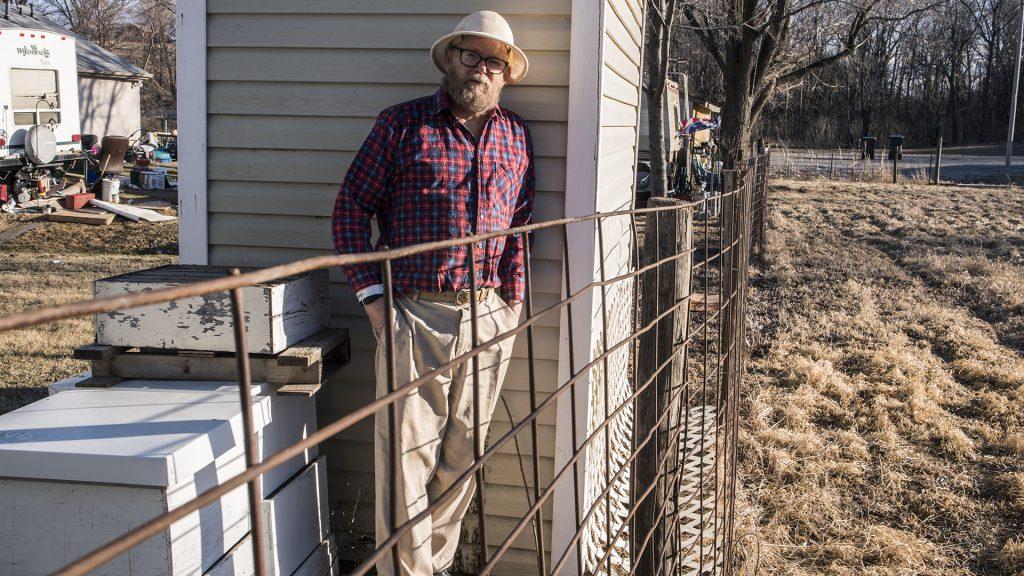March 14 will be recognized as Iowa Honey Bee Day.
Gov. Kim Reynolds signed a proclamation Feb. 22 declaring this day after being approached by the Iowa Honey Producers Association to highlight the importance of honey bees in Iowa from their pollination services to items produced by honey bees.
The day will give beekeepers and the bee association a chance to show state legislators how important honey bees are to Iowa during a legislative breakfast at the Statehouse.
Bee association legislative representative Jamie Beyer said he is unsure about the turnout from beekeepers from the corners of Iowa because of the event’s early starting time, but he is confident in a good turnout from central Iowa beekeepers.
According to the proclamation, Iowa has more than 4,500 beekeepers across the state in both rural and urban areas.
Randall Cass, an extension entomologist at Iowa State University who researches honey and native bee health in Iowa, said bees are an important part of the ecological system with plants relying on their pollination services.
RELATED: Armstrong: The sting of lost pollinators: lost food production
Crops such as corn and soybeans, which are a large part of Iowa’s agricultural landscape, do not need pollination services. However, soybean plants still receive visits from bees because it is a flowering crop.
“Our research shows that there’s a great abundance of native bee species around soybeans, and you can also find honey bees in soybean fields,” Cass said.
Dave Irvin, a local beekeeper and president of the Central Eastern Iowa Beekeepers, was introduced to the world of beekeeping by a friend 30 years ago, and he has kept bees ever since.
During his time as a beekeeper, Irvin noted, the field of beekeeping has changed over the years through advancements in technology.
“In the last 10 or 15 years, we’re learning to use more medicine, we feed them things to keep them healthy, and they’re coming out with different kinds of feed to feed them,” Irvin said.
He has also seen changes in the environment, especially in farming with the use of pesticides.
“This is all changed a lot in the last 10 years,” Irvin said. “It’s constantly changing.”
Looking toward the future of beekeeping, Irvin said, he believes beekeepers will get a handle on some of the diseases that affect bees. He also noted there needs to be a change in the way people use chemicals that lead to the death of bees.
RELATED: To bee or not to bee
Cass describes the issues bees face as “The three Ps”; pesticide exposure, poor foraging availability, and pests and disease. As part of his role as an extension entomologist, he speaks with farmers and beekeepers about his research and best practices to keep bees safe and healthy.
Honey bees and native bees have seen a decline in population, but because honey bees are semi-domesticated, meaning they are a species humans manage, beekeepers can replace the hives lost.
Cass said he would like to see more people engaged with the topic of bees and supporting their local beekeepers.
“The more you learn about them, the more fascinated you become,” he said. “It’s kind of like falling down the rabbit hole.”
Byer, who hopes to continue Iowa Honey Bee Day in future years, said the next step will be to get mayors of Iowa to follow Reynolds’ lead.



